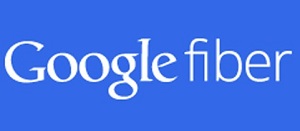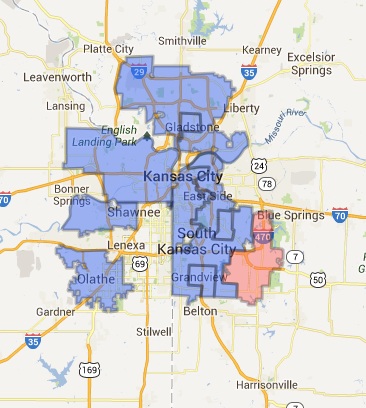Google Fiber Gets OK to Scale Lee’s Summit
The smarter way to stay on top of the multichannel video marketplace. Sign up below.
You are now subscribed
Your newsletter sign-up was successful

Google Fiber’s clustering strategy continued last Thursday (June 20), when the city council of Lee’s Summit, Mo., approved agreements that will allow Google to build out its 1-Gigabit network and deliver subscription video services.
Google Fiber acknowledged the agreement on its blog, but said it is too early to announce a build out timetable.
Lee’s Summit, located near southern Kansas City, had a population of 92,468 as of 2012 and 36,679 housing units as of 2010, according to U.S. Census Bureau data.
Lee’s Summit residents have apparently been urging the city to get a franchise deal done with Google Fiber.
“We have been receiving telephone calls, e-mails and Facebook comments from eager residents asking when Google Fiber would be offered in our community,” Lee’s Summit Mayor Randy Rhoads noted on the city’s Web page . “Individuals from both the City and Google Fiber have been working diligently for several weeks in order to make today’s announcement possible.”
Google Fiber continues to tack on agreements with cities and towns that are adjacent to Kansas City, Mo.; and Kansas City, Kan.
The deal with Lee’s Summit comes about a month after the city of Raytown, Mo., voted unanimously in favor of bringing Google Fiber to the city. Other nearby cities to cut deals with Google Fiber recently include Gladstone and Grandview, Mo.; and Shawnee and Olathe, Kan.
The smarter way to stay on top of the multichannel video marketplace. Sign up below.
Here’s how Google Fiber’s clustering of the K.C. area is shaping up (Lee’s Summit is in red):

Outside of the K.C. area, Google has also secured a deal to take over the iProvo fiber network in Provo, Utah., and has set plans to start connecting homes in Austin, Texas, by mid-2014.
Google has already connected homes to its fiber network in two “fiberhoods” (areas comprised of 250 to 1,500 homes) in Kansas City, Kan., with another 22 “in process.” On the Missouri side, Google Fiber has the deployment process underway in eight fiberhoods.
Google has not announced how many customers have signed up for service. However, Sanford C. Bernstein concluded in a recent report Google Fiber has “a good shot at being profitable” in the Kansas Cities based on its analysis of anticipated costs and expected demand for services. The research firm's base case assumes a service penetration rate of 33%, but likewise thinks it’s plausible that Google Fiber could achieve penetrations of 40% to 50%.
Depending on the area, incumbent providers that will grapple with Google Fiber in the Kansas City area include Time Warner Cable, AT&T, Surewest Communications and Comcast.
